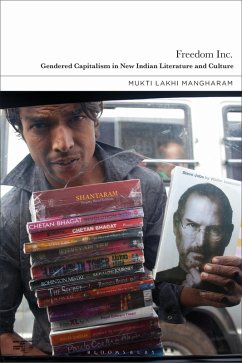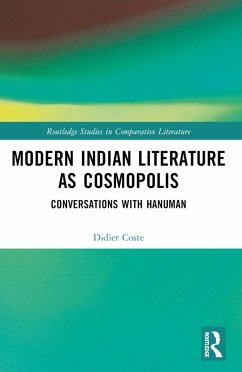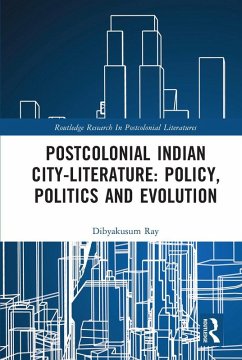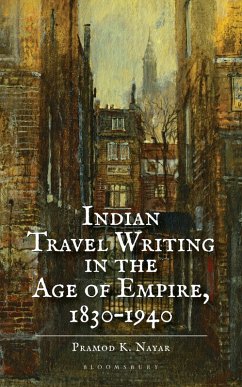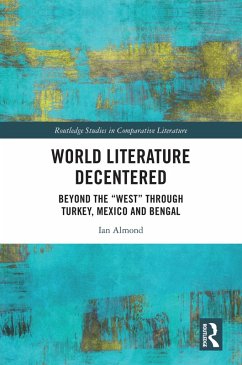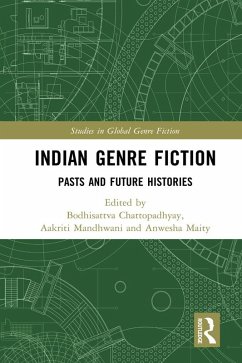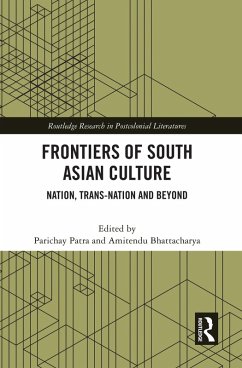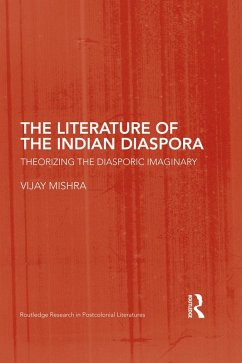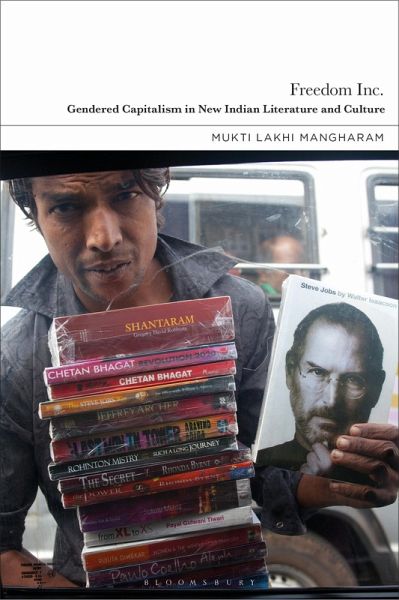
Freedom Inc.: Gendered Capitalism in New Indian Literature and Culture (eBook, ePUB)

PAYBACK Punkte
35 °P sammeln!
While globalization is often credited with the eradication of 'traditional' constraints tied to gender and caste, in reality the opening up of the Indian economy in the 1990s has led to a decline in freedom for many female, Dalit, and lower class Indians. This book explores the contraction of what it means to be free in post-liberalization India, examining how global capitalism has exacerbated existing inequalities based on traditional femininities and masculinities, while also creating new hierarchies. Freedom Inc. argues that post-1990s literature and culture frequently represents and reinfo...
While globalization is often credited with the eradication of 'traditional' constraints tied to gender and caste, in reality the opening up of the Indian economy in the 1990s has led to a decline in freedom for many female, Dalit, and lower class Indians. This book explores the contraction of what it means to be free in post-liberalization India, examining how global capitalism has exacerbated existing inequalities based on traditional femininities and masculinities, while also creating new hierarchies. Freedom Inc. argues that post-1990s literature and culture frequently represents and reinforces the equation of free-market capitalism with individual freedom within the new 'idea of India.' However, many texts often also challenge this logic by pointing to more expansive horizons of autonomy for the gendered self. Through readings of texts as diverse as Dalit women's life-writing, pop fiction, realist novels, self-help, regional film, and Netflix TV shows, Mangharam investigates how notions like 'free trade,' 'entrepreneurship,' and 'self-help' are experienced, embodied, and challenged by disadvantaged peoples, and by women differently than men. In the process, Freedom Inc. explores how different literary forms illuminate alternative and buried pathways to fuller freedoms.




